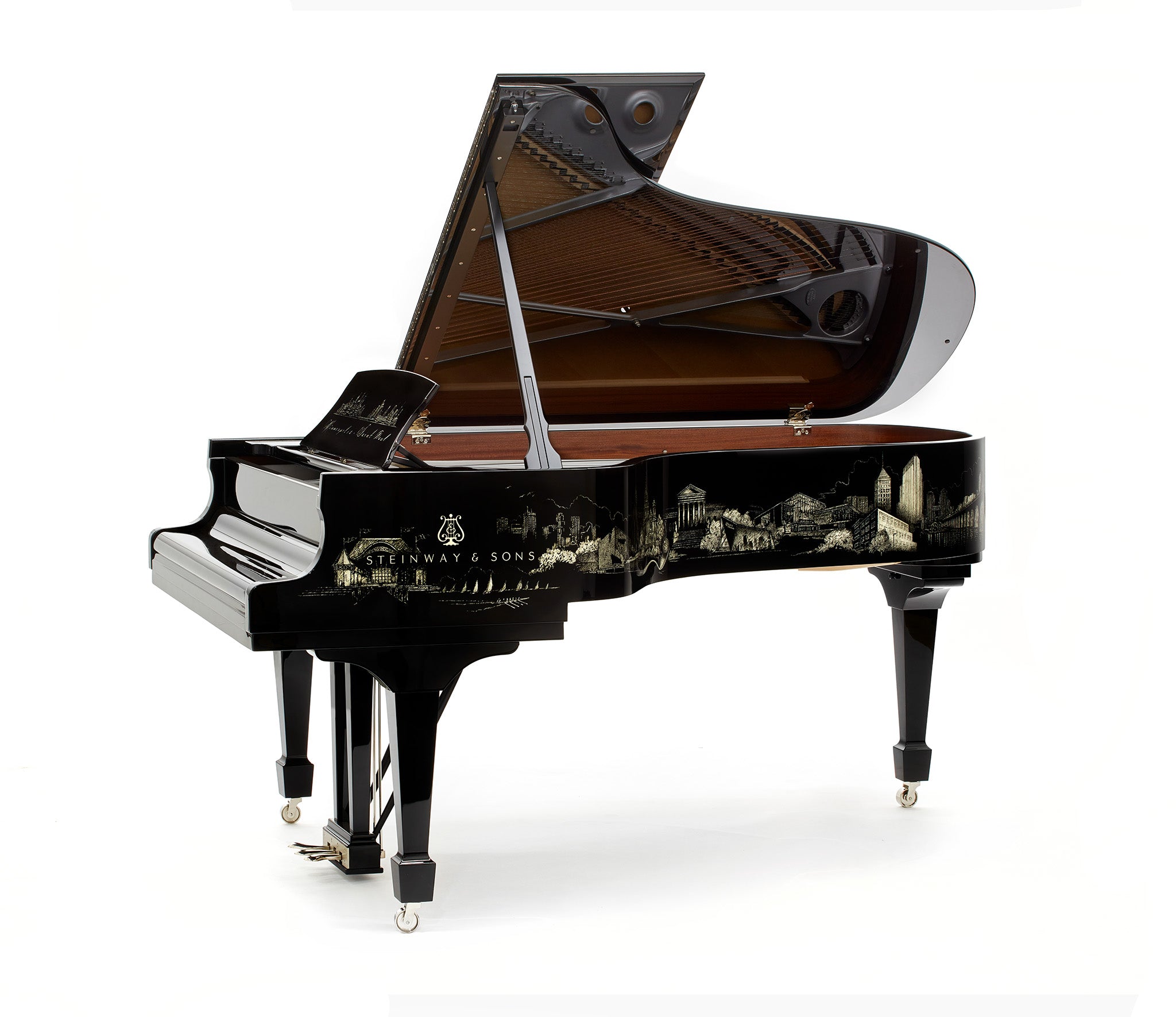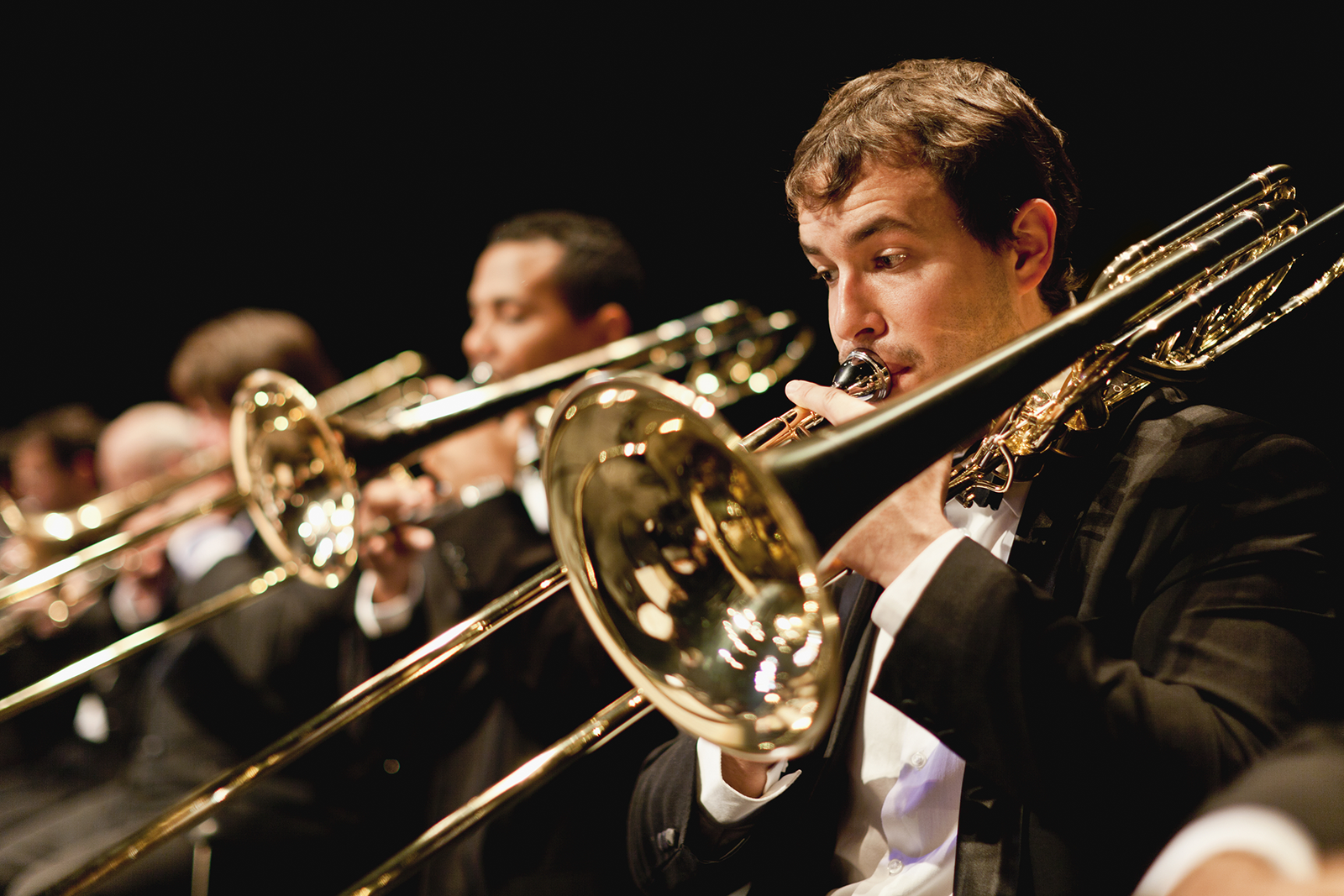Small Bore vs. Large Bore Tenor Trombones: Key Differences
When it comes to trombones, one of the key factors that differentiate them is the bore size. The bore size refers to the diameter of the inner tubing of the instrument.
In the world of trombones, you will often come across two main categories: large bore and small bore trombones. Here are some of the differences between these two types and their respective use cases.
What is a Large Bore Tenor Trombone?
A large bore tenor trombone has a bore size of .547 inches. The larger bore size allows for a more open and powerful sound projection.
Large bore tenors are commonly used in orchestral settings and for playing pieces that require a rich, full sound. They are also favored by experienced players who have developed the embouchure strength and air capacity needed to control the larger bore.
Shop Large Bore Tenor Trombones
What is a Small Bore Tenor Trombone?
In contrast, a small bore tenor trombone usually has a bore size between .480 and .509 inches.
The smaller bore size results in a more focused and compact sound. Small bore tenors are often preferred by jazz and commercial musicians for their agility and ease of playability. They are also a popular choice for beginners and younger players due to the lighter weight and more manageable size.
Shop Small Bore Tenor Trombones
When to Play Large Bore Tenor Trombones
Large bore tenor trombones excel in situations where a powerful and resonant sound is required.
They are commonly used in orchestras, concert bands, and other classical music ensembles. Advanced players who are looking to project their sound over a large ensemble or in a solo setting often opt for large bore tenors.
When to Play Small Bore Tenor Trombones
On the other hand, small bore tenor trombones are well-suited for genres that require agility, flexibility, and a brighter sound.
Jazz, pop, and commercial music settings often feature small bore tenors due to their ability to navigate fast passages and blend well with other instruments in a smaller ensemble. Beginners and students also find small bore trombones easier to handle and play.
Conclusion
Whether you choose a large bore or small bore tenor trombone ultimately depends on your playing style, musical preferences, and performance needs. Both types of trombones offer unique characteristics that cater to different musical contexts, so it's essential to consider these factors when selecting the right instrument for you.








